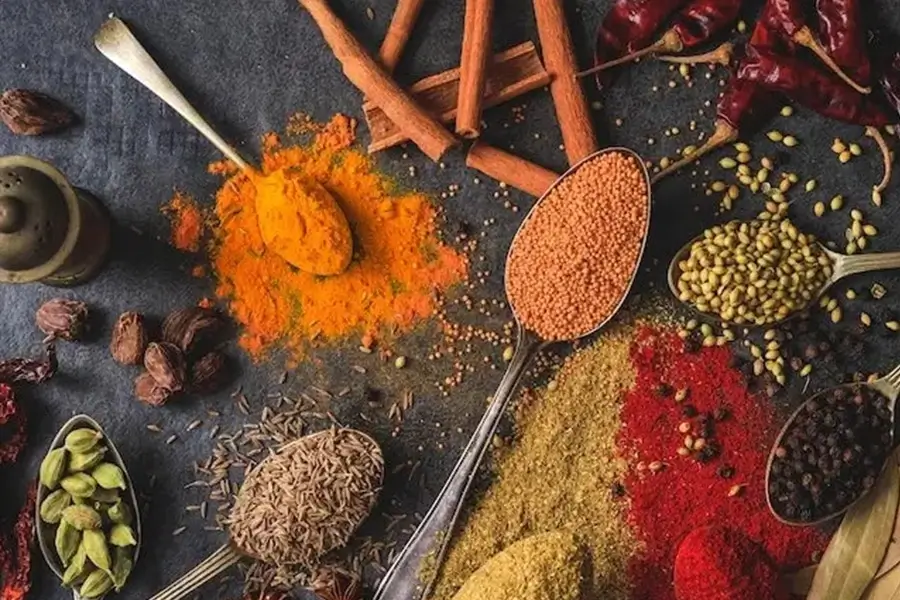
- Introduction
- Why Are the Health Benefits Associated With Food Important?
- Indian Food Health Benefits
- Does Eating Food Improve Mental Wellbeing?
- Find an Indian Restaurant
- Conclusion
- FAQs
Introduction
Indian cuisine is much-loved due to its delicious flavours and various ingredients, but did you also realise that it is good for you? An Indian diet has many health benefits thanks to natural spices and a variety of food groups.
The health benefits associated with Indian food include lower blood pressure, improved bone strength, sustained heart health and mental health support. In this article, we will examine how this is achieved and what ingredients you should look for.
Why Are the Health Benefits Associated With Food Important?
Shockingly, two-thirds of adults don’t know how many calories they need for a healthy diet. As the saying goes, you are what you eat, so being educated about your consumption is essential. It is hard to control health without considering food, which is why it is vital to eat the right items.
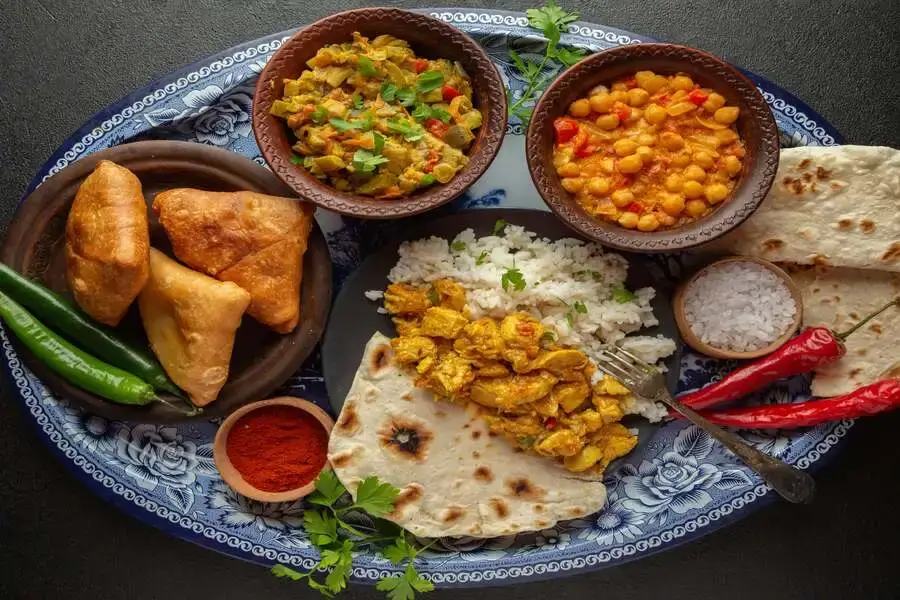
Indian Food Health Benefits
Supports healthy digestion – Rice & Flour
These ingredients add carbohydrates, protein, and fibre into the diet, ensuring that all food is properly digested. This keeps the bowels moving healthily and ensures that the body is full of energy at all times.
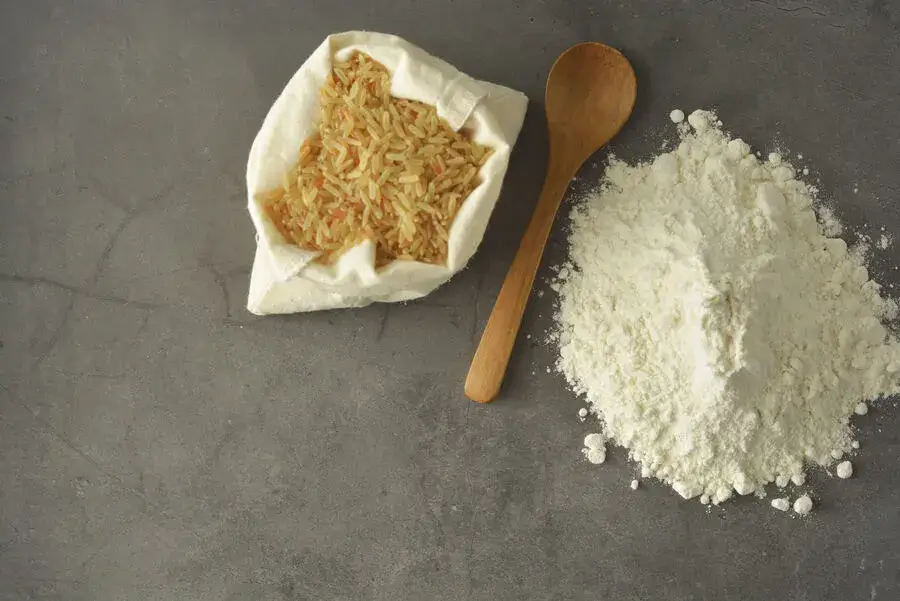
Aids bone strength and density – Yoghurts
An Indian diet is high in calcium which is essential for strong bones. Dishes such as raita, side sauces, and main items that contain any form of milk are perfect. They also aid the digestion of spicy food to ensure the stomach is not irritated.
Improves heart health and functionality – Garlic
The base of most Indian dishes is a hearty punch of garlic. Known for strengthening the heart with its natural properties, other benefits include reducing blood pressure, lowering cholesterol levels, and maintaining the immune system, to name just a few.
Anti-Inflammatory for joints – Ginger & Turmeric
Both natural anti-inflammatory agents, ginger and turmeric, can help with arthritis and sports injuries. They target the levels of two enzymes in the body that cause inflammation, combatting the effects and putting protection in place.
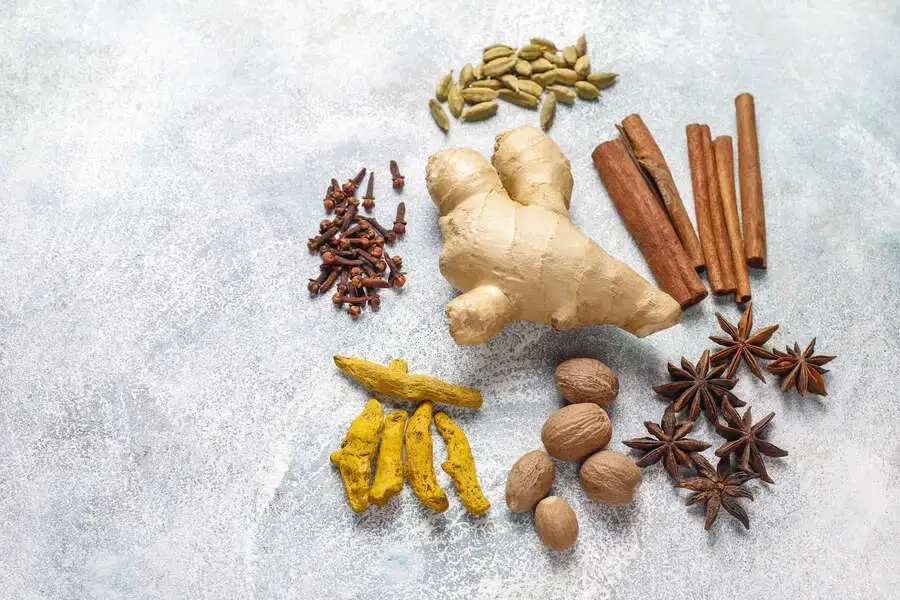
Improves energy levels – Pulses & Grains
Indian food also improves your energy levels, so that a tired feeling after a hearty meal will not be experienced! Pulses are high in Vitamins A, B, C and E as well and include many other minerals.
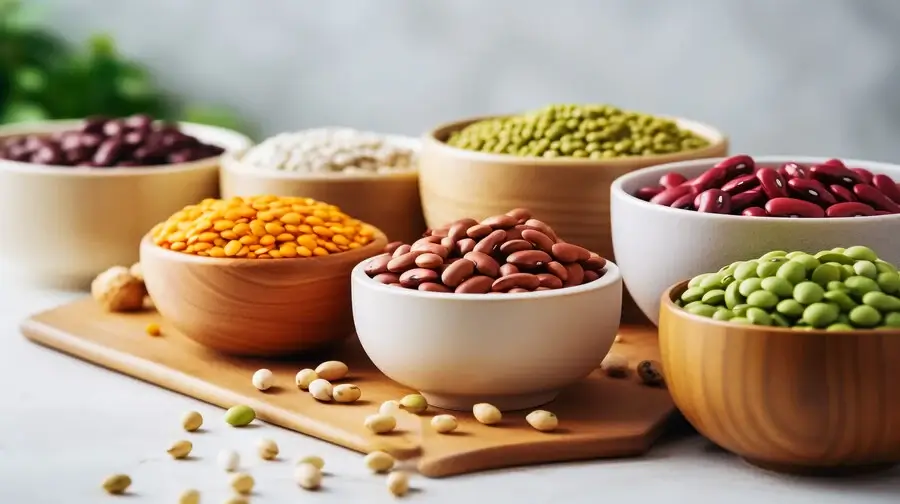
Less fat saturation – Vegetable & Peanut Oils
When eating fried or heavy dishes, the oil can cause many issues. Within Indian cooking, alternatives to heavy oils are used which include less saturated fat.
Does Eating Food Improve Mental Wellbeing?
As well as experiencing the physical benefits of adopting an Indian diet, your mental health will also benefit. Many spices, including turmeric and garlic, are great for cognitive functionality. The also work to keep the body healthy, which keeps the mind fresh and strong.
Find an Indian Restaurant
If you are convinced that these benefits you, it’s important to source your food from the place. Only authentic dishes contain all these ingredients and provide the associated benefits.
Zari Restaurant is the best Indian restaurant in Crawley, offering Indian Takeaway options. Made by traditional cuisine experts, we work hard to ensure all health benefits are maintained in our dishes. Book a table at our Crawley fine dining restaurant today.

Conclusion
The health benefits of spicy Indian food are plentiful; luckily, the dishes are also delicious! Next time you want to consider your health options, take a look at the diverse amount of spices and ingredients that are contained within Indian dishes.
FAQs:
Q: Where can I find traditional Indian cooking near me?
Check out Google reviews to see which restaurants are known for their traditional cuisine items. You should ensure that the place you select has proven experience of making dishes and understand the benefits of them.
Q: How do I eat a balanced diet with Indian food?
As with any diet, you must ensure that all food groups are met. This is easy with Indian food as they often contain many of these in one meal!
Q: Are all Indian dishes spicy?
No, not all Indian dishes are spicy. Many mild and flavourful dishes are rich in nutrients and suitable for all palates.
Q: Is Indian food lower in saturated fat?
Yes, Indian cooking often uses vegetable and peanut oils, which have less saturated fat compared to other heavy oils used in frying.
Q: Does eating Indian food improve mental wellbeing?
Many spices in Indian food, such as turmeric and garlic, are beneficial for cognitive function. They help keep the body and mind healthy, contributing to overall mental well-being.
